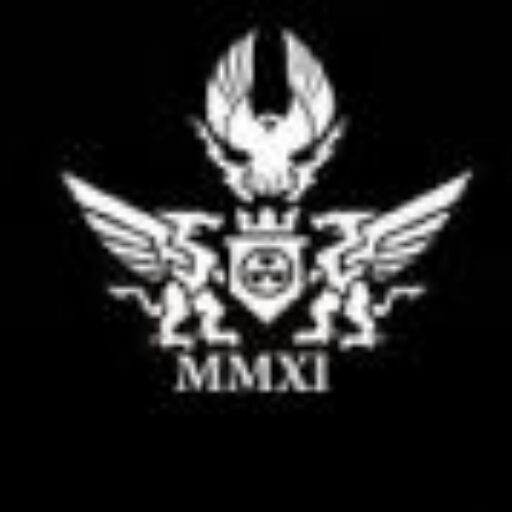According to the latest CDC guidance, 9-month-old babies must receive multiple doses of an unlicensed mRNA COVID-19 vaccine to be considered “up to date” with their COVID-19 vaccination.
Nine-month-old babies must receive multiple doses of an unlicensed mRNA COVID-19 vaccine to be considered “up to date” with their COVID-19 vaccination, according to the Centers for Disease Control and Prevention (CDC).
The CDC’s updated guidance, issued Aug. 30, states that children — as young as 6 months old — should get either two doses of the 2024-2025 Moderna vaccine or three doses of the 2024-2025 Pfizer-BioNTech vaccine.
If getting the new Pfizer shot, the baby is supposed to receive the first dose at 6 months, the second dose three weeks later and the third dose at least eight weeks after the second dose — meaning, that by 9 months old, babies are supposed to have received three Pfizer shots.
If getting the latest Moderna shot, the CDC recommends babies get the first dose at age 6 months and the second dose a month later.
The latest Pfizer and Moderna COVID-19 shots for children under 12 are unlicensed in the U.S. The U.S. Food and Drug Administration (FDA) has granted only emergency use authorization (EUA) for the vaccines.
Children’s Health Defense (CHD) CEO Mary Holland told The Defender, “The earlier COVID shots have been proven unsafe and ineffective. Now we’re asked to believe that newer versions are miraculously safe and effective?”
“This is an insult to people’s intelligence,” she said, “I pray that parents will have the good sense to say no to these dangerous and unnecessary shots for babies.”
CDC Releases Paper on Myocarditis After COVID Vaccination, and EVERY WORD Is Redacted

